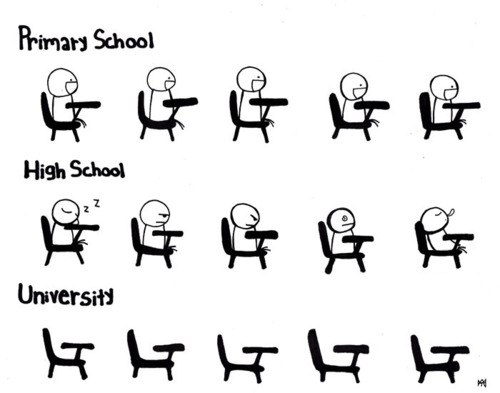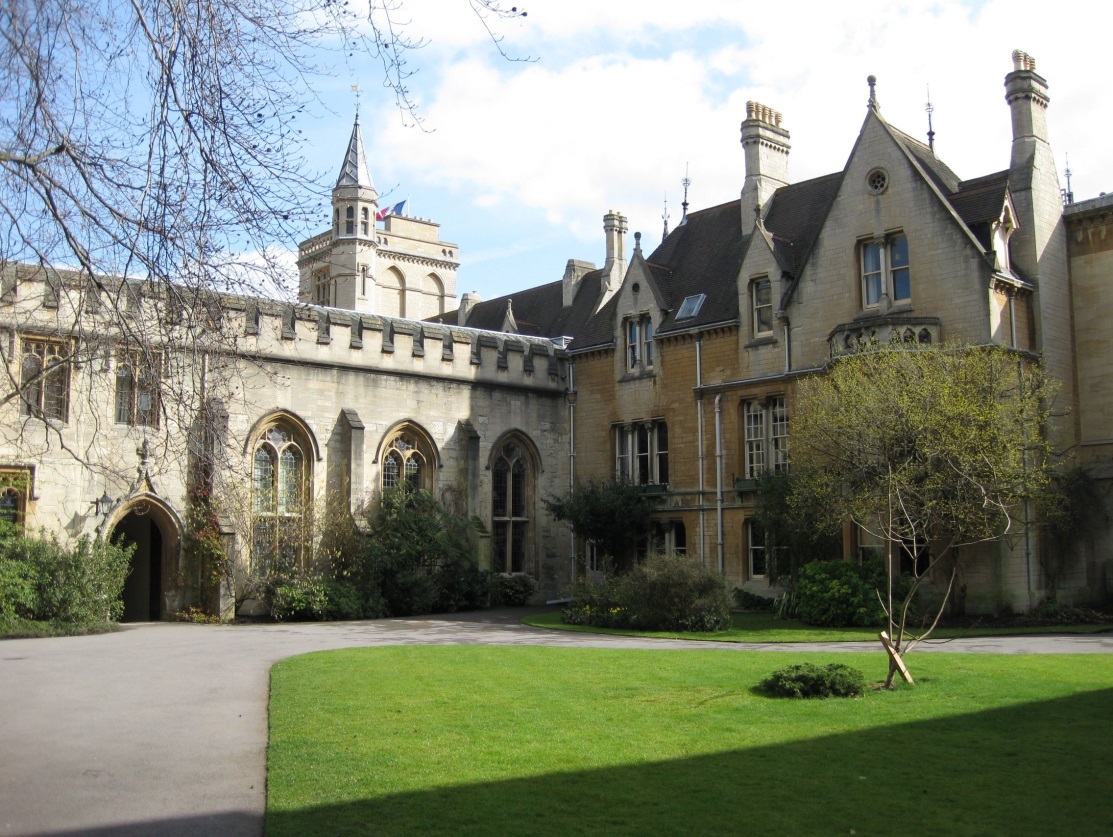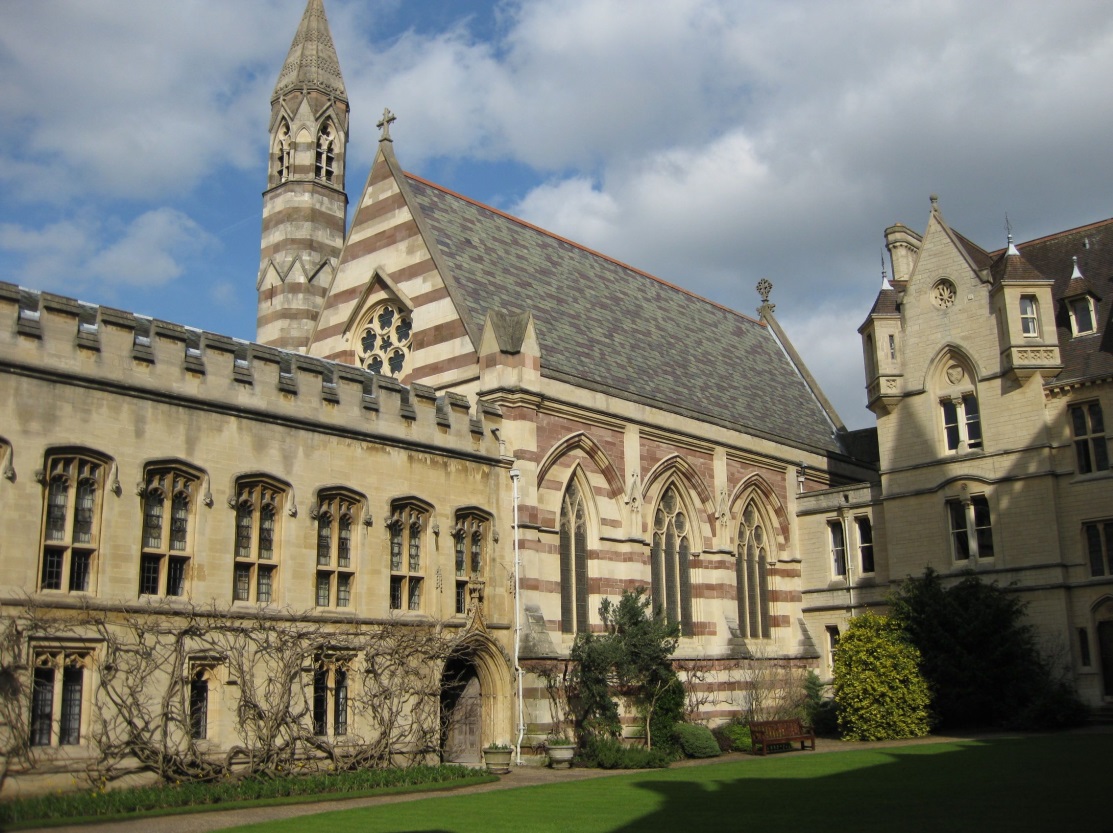
- •Module 1 education in great britain
- •Match the words with their translation.
- •2. Now listen to the track and say what these numbers refer to.
- •Uk Education System
- •3. Read the text carefully. Find and correct 7 spelling mistakes in it.
- •4. Make up questions to the words or expressions in italics. Practise asking and answering questions in pairs.
- •5. Work in pairs, a and b.
- •My Oxford
- •7. Look through the text and say what was Naomi’s attitude to her University.
- •8. Fill in the gaps in the interview with these questions. You have one extra question that you do not need to use.
- •Listen to the interview with Dr Philip Camp from Edinburgh University. Are these sentences true (t) or false (f)?
- •Listen to the interview again. Answer the following questions:
- •Write down 10 sentences about your University and its traditions. Use the key words from exercises 13-15.
- •19. Match the words to make collocations and match them with their translation
- •20. Complete the sentences with the collocations from ex. 2
- •21. Watch the clip again. Answer the questions?
- •23. Write an essay (about 120-170 words) on one of the following topics:
- •Module 2 education in the usa
- •Practise the pronunciation of the following words
- •Match the terms with their definitions. Think of possible Russian equivalents for these words
- •3. Read the text. The words in brackets are to be used in the correct form the system of higher education in the usa
- •4. Mark the statements as true (t) or false (f). Give comments wherever possible
- •Answer the following What-questions
- •Are the aspects of higher education the same or different from those in your country? Tick the correct box
- •7. Using the material above make up a dialogue on one of the following situations:
- •Work in pairs. Student a reads the first text, student b reads the second one. Ask and answer each other’s questions.
- •9. Discuss the following questions.
- •11. Try to write an equation mentioned in the talk.
- •12. Make a list of advice Melissa gives to scientists on their presentation of the material. Think of two more things to add to it.
- •13. Match the words to make collocations which match the definitions. Watch the video-clip “Standard academic questions and how to answer them” to check your answers.
- •14. Watch the video- clip again and complete the following summary of the presenter’s speech. The first letters of the necessary words are given to help you.
- •15. Match the words with their opposites
- •16. Fill in the gaps in the text with the words from the box
- •17. Look at the stimulating material (written information, pictures, headlines). Answer the questions after it.
- •Harvard Students in Cheating Scandal Say Collaboration Was Accepted By richard pérez-peña Published: August 31, 2012
- •In Harvard Now!
- •18. Choose one of the quotes about Harvard and explain what it means.
- •19. Project
- •Internet Search Task: Search the net to find information on the following points. The results are to be summarized in the form of presentation. The task can be done in groups of two or three.
Module 1 education in great britain
Warm-up
Look at the picture showing three stages of education. Describe what is happening at every stage (the number and the mood of students).

How many students are there at every stage of education according to the picture?
What mood are students in? What are they doiong?
Do you agree with it? Why or why not? How are the three stages of education different?
Listening 1
Education in Britain.
Before listening
Vocabulary
Match the words with their translation.
Free
Independent school
Local authority
Pay for sth
Primary school
To run sth
Secondary school
Частная школа
Руководить чем-л.
Платить за что-л.
Средняя школа
Бесплатный
Местные органы власти
Начальная школа
2. Now listen to the track and say what these numbers refer to.
5 11 16
Are ages the same in your country?
Reading 1
Uk Education System
3. Read the text carefully. Find and correct 7 spelling mistakes in it.
|
4. Make up questions to the words or expressions in italics. Practise asking and answering questions in pairs.
e.g. Education system of which country is respected all around the world?
5. Work in pairs, a and b.
Student A. You have a brief description of the first three stages of education. Read it and be ready to give Student B information about these stages. After you have answered Student B’s questions, ask your questions to find out about further stages of education in Great Britain.
1. Can you apply to the university in the UK quickly? Why/why not?
2. What do UCAS, IELTS and Ph.D. stand for?
3. What are the two types of postgraduate program?
4. What is postgraduate degree designed for?
5. What kind of research do students carry out for Ph.D.? Who helps them with this?
Education System In England
Primary Education: In the UK, primary education is given to a child at the age of 5 and it continues until 11. The first key stage is for infants and the other is for juniors. Secondary Education: Students from the age of 11-16 years are given secondary education. They follow a general syllabus which leads to the GCSE (General Certificate of Secondary Education). After passing this exam, there is selection of subjects. Lessons are given together with assignments which need to be completed in order to pass this level. Both primary and secondary education is compulsory until the age of 16.
Further Education: After secondary education, students have the option of acquiring qualifications such as A-Level and GNVQ (General National Vocational Qualification). If you are planning to go in for higher studies then you must complete this level first. The most common one is Advanced Level (General Certificate of Education in Advanced Level Certificates) which is considered an entry level for getting admission into a university for higher studies. Here, students study three to four subjects based on their interests and can choose from Business, Science, Arts and Humanities.
Student B. Read your part of the text. Ask your questions to find out about first three stages of education in Great Britain. After that, answer Student B’s questions.
1. At what age do children get their primary and secondary education?
2. What do GCSE, A-Level and GNVQ stand for?
3. What stages of education are compulsory?
4. Why do some students get further education?
5. How many subjects do students study for A-Level?
Higher Education: After completion of further studies in the UK, you can opt for higher studies. As an international student, applying to the universities is a time consuming process. You have to visit the University and College Admissions Service (UCAS), which is an agency of the Central Government that manages the application procedure of every university. Various universities offer programs for study and job opportunities. Also, foreign students need to write the International English Language Testing System (IELTS), if their first language is not English. After graduation you get Bachelor’s degree.
Other Educational Programs
Postgraduate Degree: In the UK, the postgraduate program can be completely research based or with a combination of theoretical classes. It prepares students to specialize in a particular field or even, go in-depth into a subject by means of a Doctorate program. For pursuing post-graduation, it is important to have a Bachelor's degree.
Ph.D. (Doctor of Philosophy) Programs: During the course of this program, students undertake an original research project with the help of a supervisor.
(Adapted from
http://www.indobase.com/study-abroad/countries/uk/uk-education-system.html)
Writing 1
6. Write a similar text about the education system of your country. (120-170 words)
Mention:
age of children
stages of school education
places to go after school
further education.
Warm-up
Make a list of 5 most famous Universities. What do you know about them? Where would you like to study?


Look at the pictures. Answer the following questions:
What do you see in the pictures?
Is it an old University?
Who do you think studies there?
How does this University differ from the University you study at?
Reading 2
